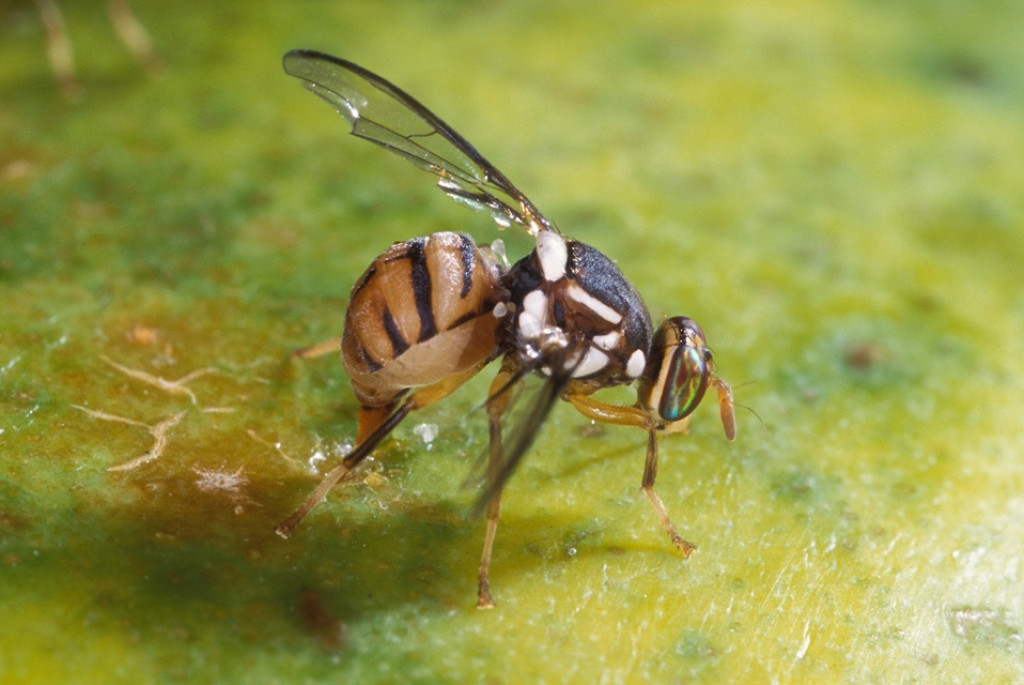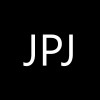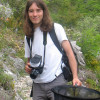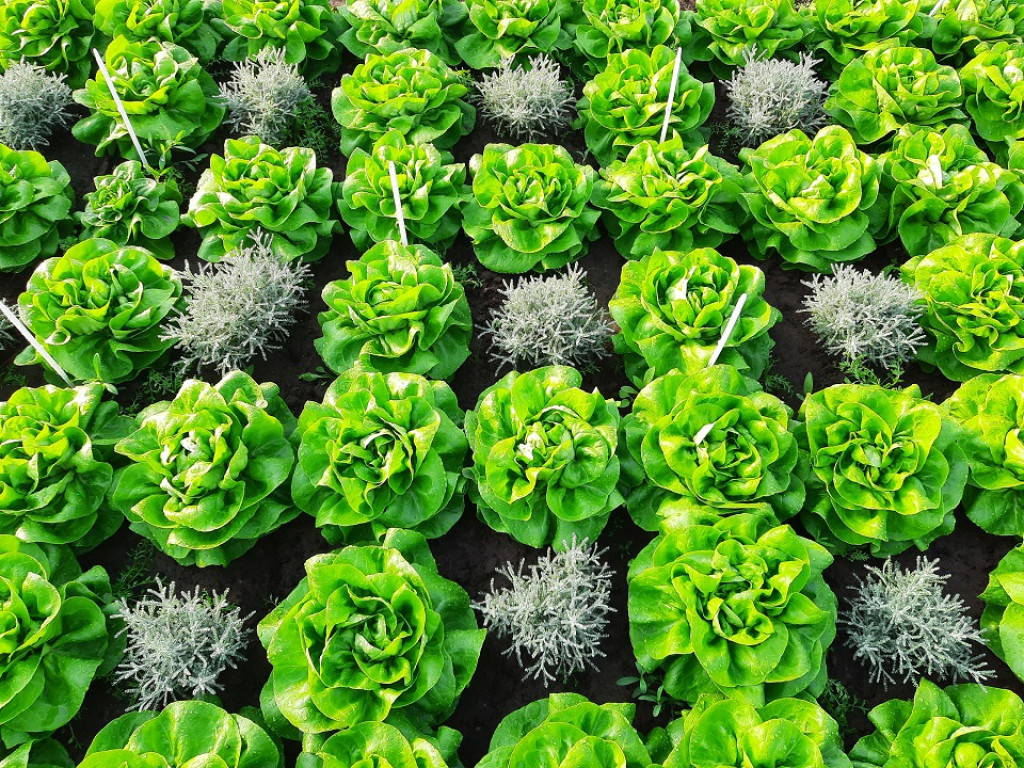Bactrocera dorsalis is a species of fruit fly (family: Tephritidae) that mainly thrives in (sub)tropical environments. As it is a pest of several commercial fruit crops and causes billions of dollars' worth of damage each year, it is listed as a priority quarantine pest within the European Union. Over the past five years, several interceptions of B. dorsalis have been recorded in Austria, France, Greece and Italy.
In 2023, seven adult specimens were captured in traps at various fruit and vegetable markets in Belgium during an annual surveillance campaign by the Federal Agency for the Security of the Food Chain (FASFC). During the summer of 2024, the FASFC captured a further four adults, highlighting the possibility of recurrent introductions of B. dorsalis into Belgium.
The presence of adult flies at three different and distant locations in Belgium at almost the same time, as well as the results of a preliminary genomic analysis of specimens detected in 2023 to determine their geographical origin, suggest multiple independent introductions of the Oriental fruit fly to Belgium. These interceptions suggest that this quarantine pest often goes undetected during import inspections, which could lead to its natural spread and establishment southward from Belgium.
To prevent this, current surveillance methods must be evaluated to determine whether they can be intensified or optimised. To this end, we will examine the main pathways by which high-risk fruits associated with B. dorsalis are introduced, as well as what happens to the fruits (or fruit waste). We will also test the deployment of several traps (Fig.) with different attractants and study the added value of citizen science platforms for monitoring this target organism. Finally, if specimens are intercepted, molecular analyses will be performed to determine their geographical origin and consequently the associated entry routes.

Active Citizen Participation in Monitoring the Oriental Fruit Fly: 'Pestfly Patrol'
One aspect of the PESTFLY project involves setting up a campaign to encourage citizens to monitor the oriental fruit fly. Anyone interested in taking part, and with access to compost, can find out more about this citizen science campaign on the Royal Museum for Central Africa's website: https://www.africamuseum.be/en/get_involved/citizen_science/pestfly_patrol
Project partners:
Flanders Research Institute for Agriculture, Fisheries and Food (ILVO)
Royal Museum for Central Africa (RMCA)
Walloon Agricultural Research Centre (CRA-W)
Project duration:
1 May 2025 - 31 October 2027 (30 months)
Funder:
Federal Public Service (FPS) Public Health (RF25/03).














